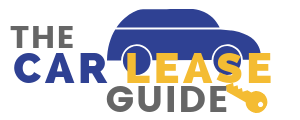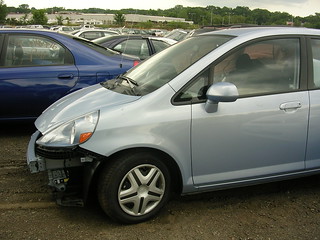Buying the right insurance for your car is essential to prevent financial difficulties when an accident occurs. The article below will describe how to ask the right questions from your broker or agent, what coverage to buy and how to avoid duplicate coverage. Read the article and ask the right questions from your insurance professional.
Do not pick the first insurance company you come across. Every company is different when it comes to how they determine your premium. You will find the policy that is most affordable and best suited to you by checking into policies from several different companies.
Inquire with your insurance company before purchasing aftermarket parts for your vehicle. You will want to know what they would cover in the case of a total loss. Insurance frequently does not provide coverage for these parts, only covering the value that is added to the car’s entire value, and that may not be too much.
Keep a clean driving record. Any accident reports or moving violations on your record will greatly increase your insurance premiums. If you do get cited for a moving violation, you should opt for traffic school to keep it off your record.
Compare the cost of adding a teen to your current plan versus getting their own policy, to see which has the most value. Depending on the type of car your teenager drives, it might be cheaper to have them on a separate policy.
A certain amount of liability insurance is a legal mandate for most drivers. You need to know what is required by your state, and what the minimum coverage is that you need. If your vehicle is not insured when you are in an accident, there will not only be serious financial consequences, but there will also be consequences from your local authorities.
Coverage beyond the legally required minimum is always an option. In the end, the extra expense of some insurance policies may be worth it. If you buy uninsured motorist coverage, your insurance company will pay out in the event of a hit-and-run accident or if you are involved in an accident with someone who does not have insurance.
In a number of states, you’re required to carry liability insurance if you are the driver of a car. You are responsible for knowing what kind of insurance policies you are required to have. You will break the law and face financial consequences if you have no insurance and get into an accident.
Never alternate vehicles among members of the family as a means to secure lower policy costs. You will pay less if there is only one driver associated with each car.
Car insurance rates fluctuate and are dependent upon where you live. Often times, the state-by-state rates can depend on the likelihood of accident of theft. Most rural areas have lower insurance rates than big cities.
Look into the coverage you have on your automobile insurance policy, and see if there is anything you can remove. The comprehensive and collision coverages are worth reconsidering for an older car. You may benefit from adjusting these downward, or even drop them entirely. You can save a considerable amount of money by removing collision coverage. Look into other types of coverage that you can remove from your policy.
Figure out what kind of coverage is good for you and your car prior to seeking an auto insurance policy. There are many different levels of coverage, and it can be confusing having to decide how much you need. If you have a high incident of accidents you should get collision coverage to ensure your car will be repaired in the event of minor accidents.
Car insurance can save a financial burden in the event of an accident. Having the right coverages and insurance options ensures you get the financial assistance you need. Use this article to get the information you need about coverage.

